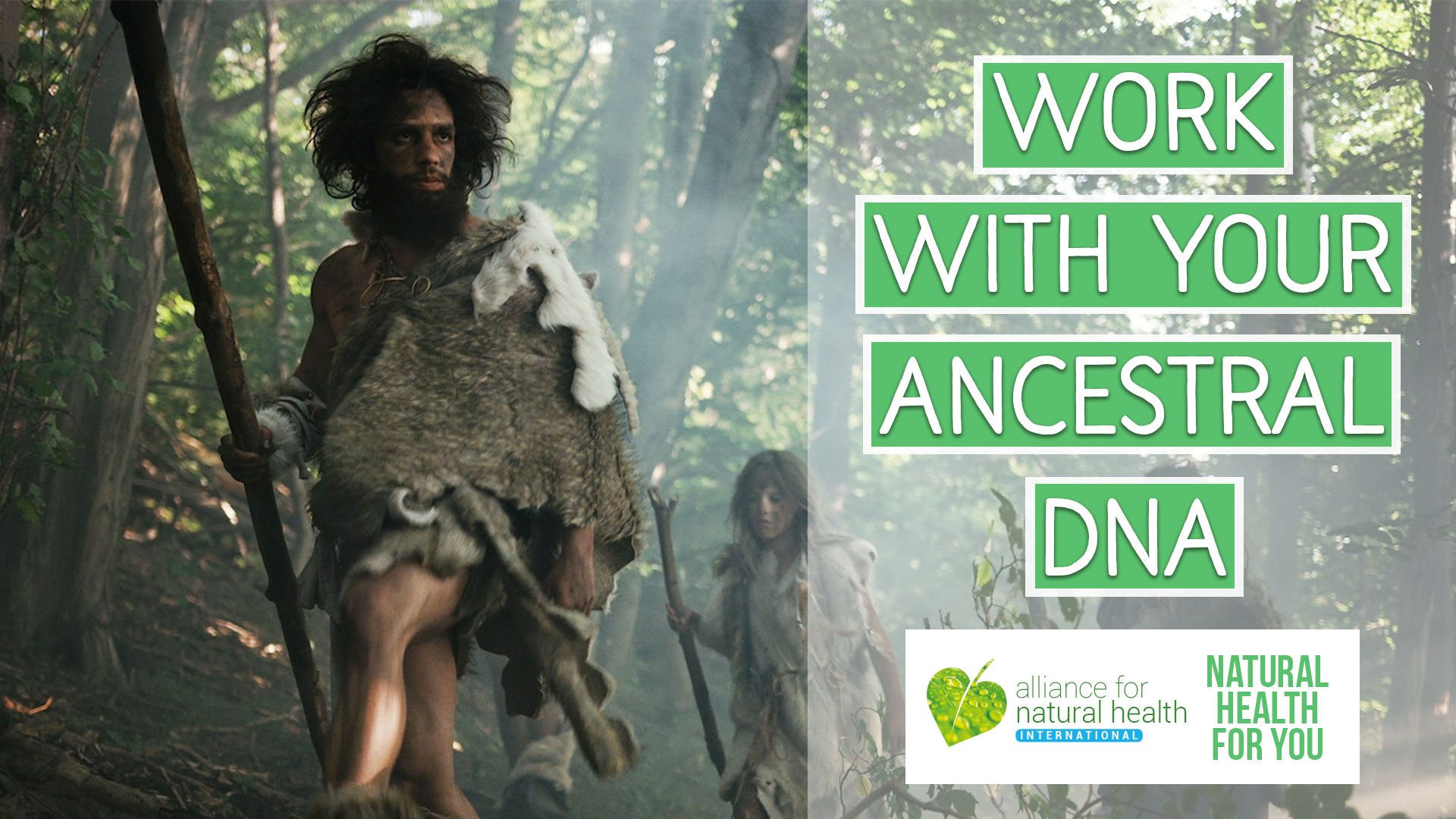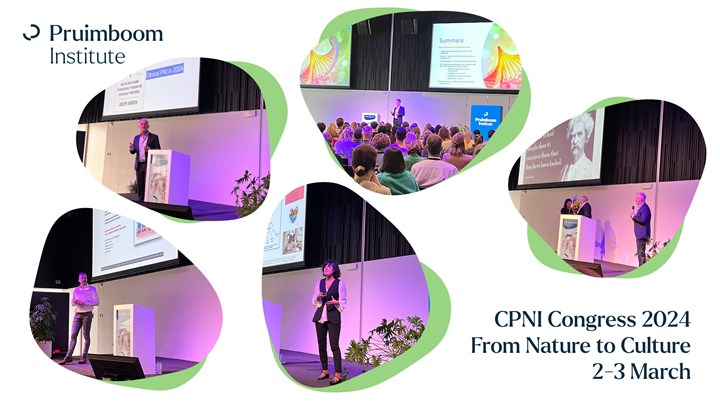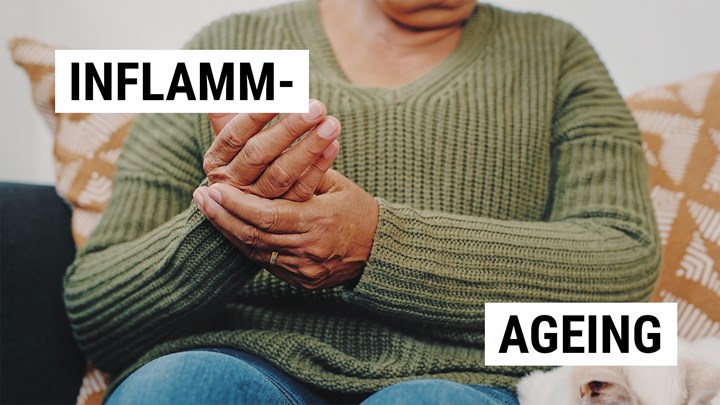Content Sections
Today, we release a video made in-house that we hope can help people to better understand those elements of our ancestral past we ignore at our peril. We live in societies where preventable causes of disease are now the primary burdens on our health, and somewhat ironically, we continue to seek technological solutions to resolve them in the knowledge it’s our technology that’s caused so many of our current problems.
In a technologically-driven society, it might seem retrogressive to harp back on our paleolithic past. But, in our new video, we hope we’ve highlighted some of the important ways in which we can alter our behaviours that allow us to speak to our genes in a language they understand. Our health at any point is a function of how our genes express themselves – and most of the signals to our genes come from our environment or from our behaviour.
So please check out our latest video, and share it as widely as you can.
Work with Your Ancestral DNA: The video
Background
Our species, Homo sapiens sapiens, has been walking the Earth for around 200,000 years in a physical and genetic form that’s relatively unchanged from our make-up today. Our lineage can be traced back to our Homo sapiens ancestors that separated from other primates around 6 million years ago.
During this evolutionary journey, we’ve adapted to live in almost every environment on the planet, thrive on a diverse range of foods and survive natural disasters. That speaks to a high level of resilience that comes from our psychological, metabolic, hormonal and immunological flexibility.
But now, for all the industrial and technological advances in our world, we’re seeing devastating erosion of our body system flexibility and resilience leading to a preventable, but substantial, decline in key markers of our health. We are literally outstripping our genes ability to mutate (evolve) quickly enough to keep up with the changes we’ve been witnessing in the current post-industrial, technology-driven era.
It’s taken around 9,000 years for some cultures to genetically evolve to be able to drink milk without getting sick, but a large proportion of the world’s population still become lactose intolerant before they transition to adulthood.
We don’t have to wait 9,000 or 10,000 years for our genes to change to accommodate modern life because we can powerfully influence our genetic expression with our nutrition and lifestyle choices. It turns out that more than 90% of the genetic switches in our DNA that are associated with health and longevity are significantly influenced by our lifestyle choices, including what we eat. We think that’s compelling information, but also incredibly empowering, because there is so much action you can take personally to change your health trajectory.
Technology may promise nirvana, but at what price? Increased screen time means prolonged periods of sitting, lack of natural light, lack of sun exposure (reduced vitamin D), high levels of blue light and a lack of outdoor time in nature. All of which feed a disconnection from ourselves, our community and the world around us. Deep, restorative sleep eludes many. Mental health is firmly on the medical and social agenda with levels of depression and anxiety rising steeply. We may live longer than our ancestors, but we can spend decades sick and suffering from wholly preventable chronic diseases.
The foods we evolved to eat bear little resemblance to what is now marketed as food. Claimed by Big Food as being healthier than the minimally-processed, nutrient-dense whole foods we’re best adapted to. We gorge on ultra-processed foods that play havoc with our metabolism initiating a suite of inflammatory responses that underpin chronic diseases such as type 2 diabetes, obesity, cancer, heart disease and Alzheimer’s disease - let alone the growing number of autoimmune diseases striking people down in their millions.
There’s no doubt that living a simpler life where we exercise more, eat fewer processed foods, have less screen time and re-engage with our community and families is better for us. Rather than renouncing modern life altogether, the message in this video is that there’s plenty we can do with our stone age genes, so they work for us. Join Rob Verkerk PhD as he walks a day in our ancestor’s shoes sharing modern mimicking strategies that are both practical and easy to incorporate into your everyday lives. Nurturing your genes and speaking to your DNA in a language it understands is the first step on the path back to flexibility and resilience.








Comments
your voice counts
There are currently no comments on this post.
Your voice counts
We welcome your comments and are very interested in your point of view, but we ask that you keep them relevant to the article, that they be civil and without commercial links. All comments are moderated prior to being published. We reserve the right to edit or not publish comments that we consider abusive or offensive.
There is extra content here from a third party provider. You will be unable to see this content unless you agree to allow Content Cookies. Cookie Preferences